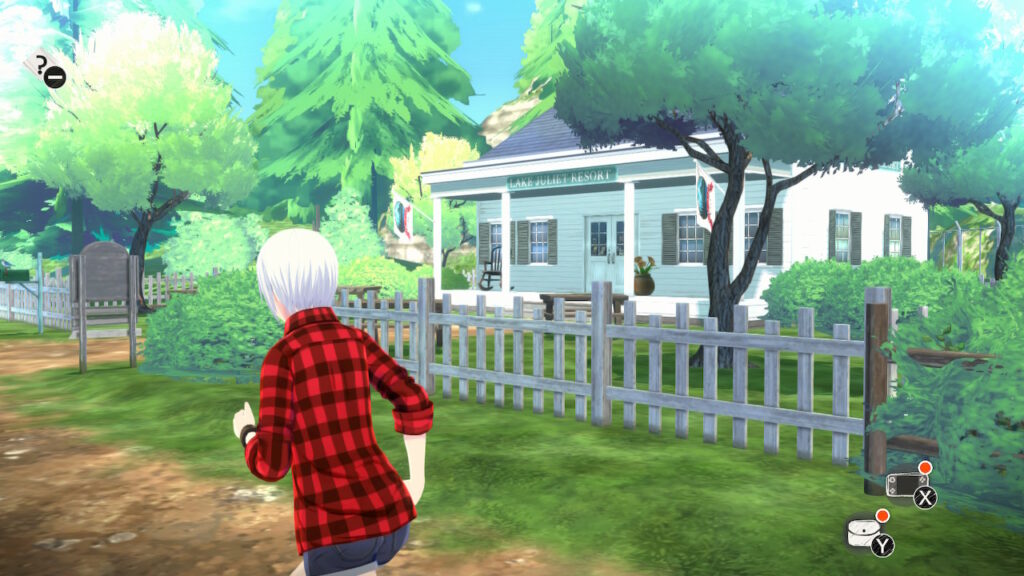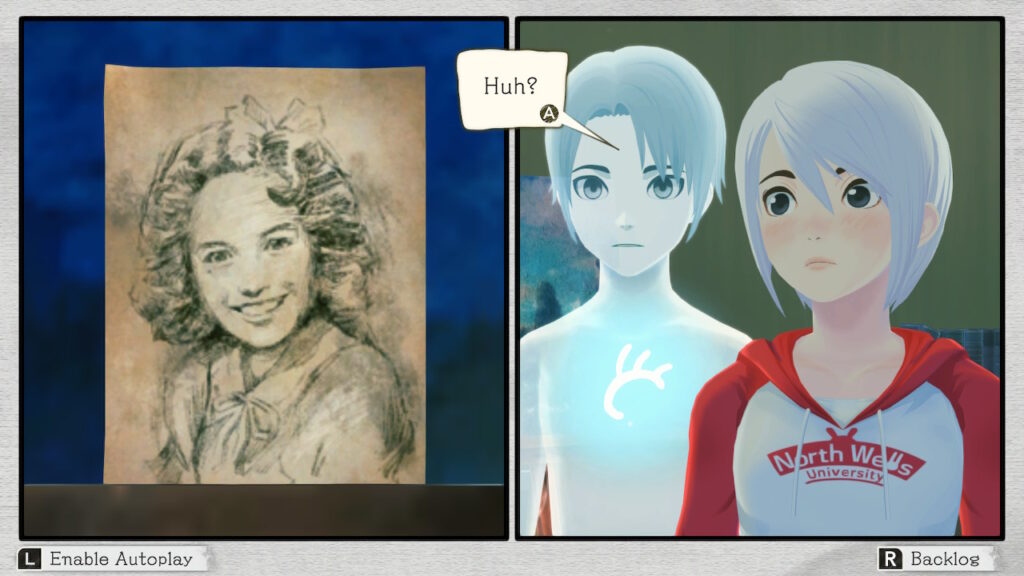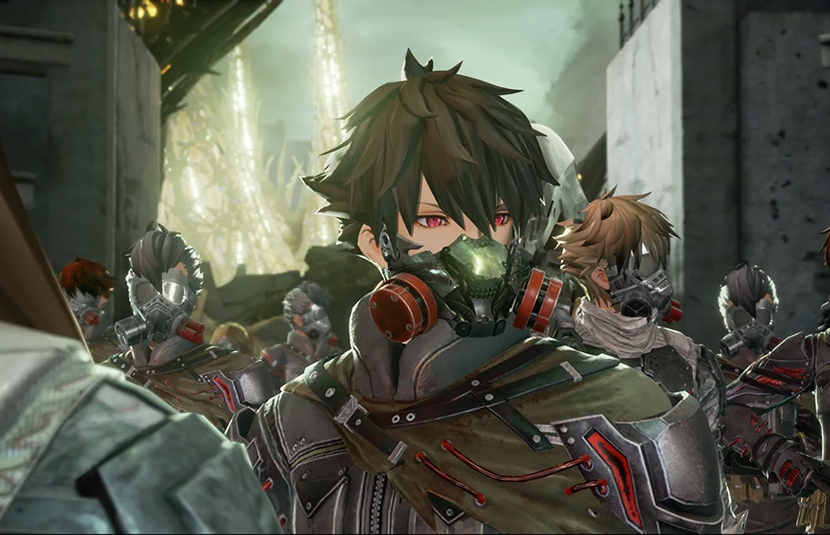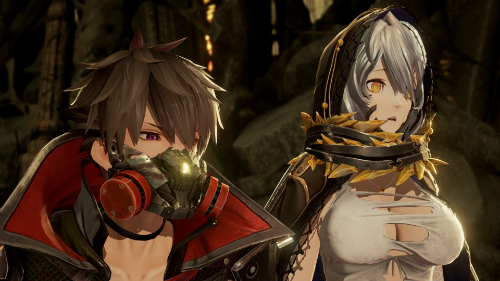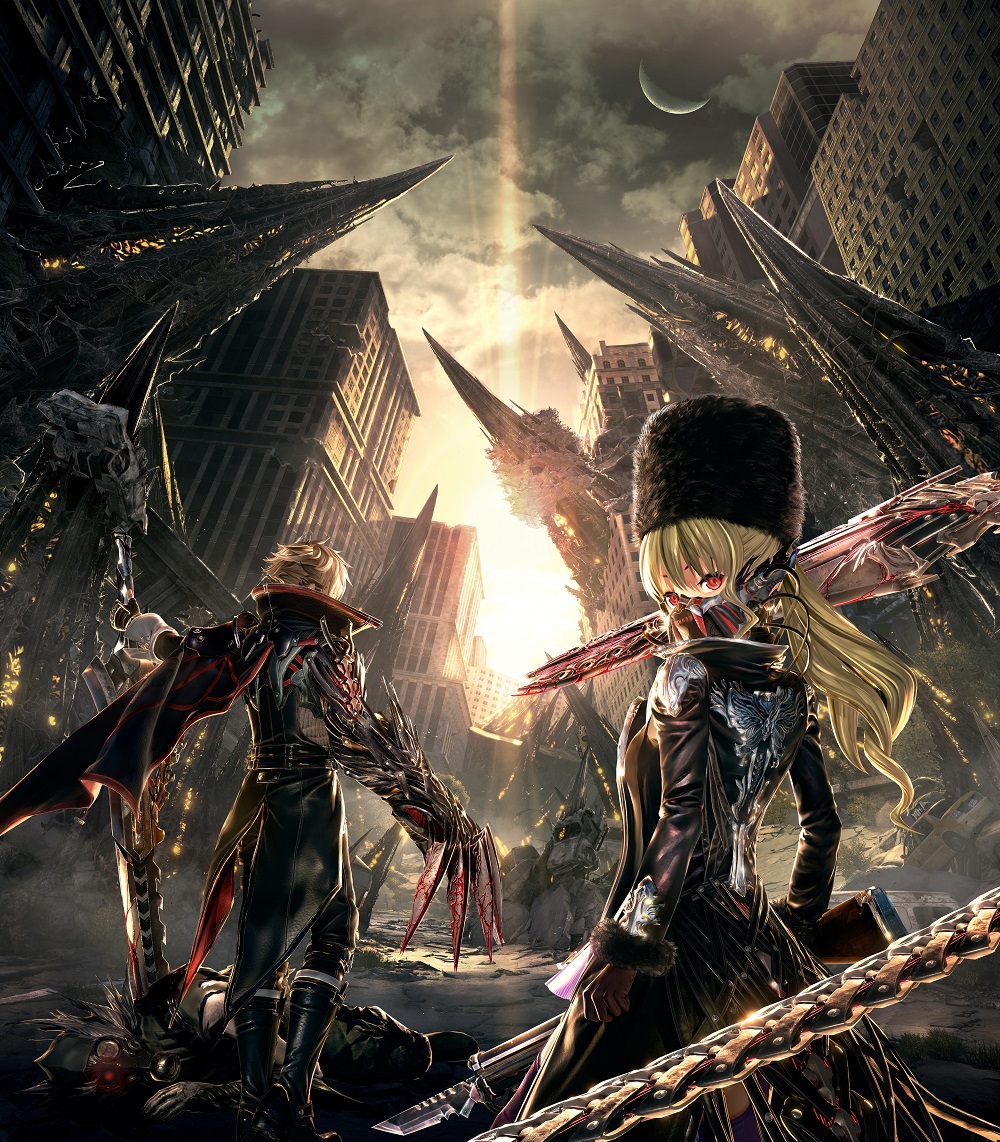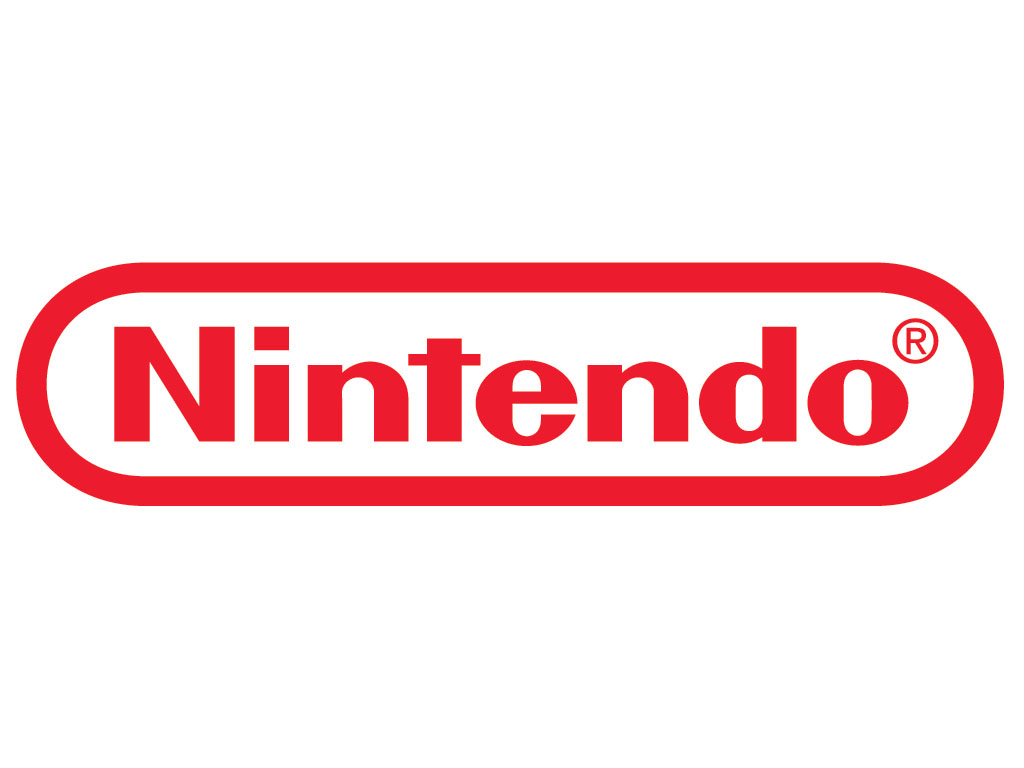
Another Code (also known as Trace Memory in the US) holds a special place in the hearts of people who grew up with the Nintendo DS, as does its developer, the now-defunct Cing. They specialised in mystery titles like Hotel Dusk and Last Window, and the Another Code series was no exception, clearly geared towards younger audiences with a light mysteries, mild puzzles and a relatable protagonist. They got two games out, Another Code: Two Memories for the DS and Another Code: R – A Journey into Lost Memories for the Wii, and while both titles are fondly remembered by those who grew up playing them, they would be considered fairly niche by today’s standards. It’s surprising, then, that both games have been given the full-blown remake treatment in Another Code: Recollection for Switch, which not only packages both titles together but completely revamps their gameplay, puzzles, and even some major elements of the story and characters, to make a more cohesive whole experience.
Both games star Ashley, a girl orphaned at a young age, who dreams of becoming a musician and has a talent for investigation. In Two Memories, a nearly 14-year old Ashley receives a summons from her father, apparently in hiding on Blood Edward Island, to meet him along with a mysterious device he has sent called a DAS. Her guardian goes missing after taking her to the island, forcing Ashley to search for her, although matters get stranger when she meets the lonely ghost of a boy called ‘D’ who has lost his memory. The plot hinges on both Ashley and D recovering their lost memories to understand the truths of their predicament, and feels like a low-stakes Famous Five or Secret Seven story, exploring a creepy abandoned manor on the island. In A Journey into Lost Memories, a now-16-year old Ashely visits the campgrounds at Lake Juliet to connect with family, but inevitably gets involved in a local mystery involving a runaway boy and a cover-up of the strange pollution in the lake.
Both stories feel light with only minimal peril faced by Ashley, aside from some scenes towards the end, making them pleasant slices of adolescent adventure that would appeal to kids as an entry into the genre. The second game, A Journey into Lost Memories lacks some of the drive of Two Memories plot, and feels a lot slower, but it also gives Ashley more personality and time to shine as her own character, as she interacts with other kids her age. However, it’s also the game that has received the most changes narratively, with a pretty serious restructure and change to one of its major characters and the actual conclusion of the game. The new story elements are decidedly stranger, but still fit somewhat given the outward strangeness of D in Two Memories, which is otherwise a fairly straightforward mystery.
Both games have been completely re-made into a new visual and gameplay style, that’s more or less cohesive across both titles. You may think that only the DS game would be re-made, as it was largely presented in low-res 3D maps and 2D artwork, and the Wii game would simply be repackaged for Recollection, as it was already in 3D, but this absolutely isn’t the case. Ashley now moves like a third-person adventure character in 3D, picking up objects for her inventory and using them where appropriate. Often you’ll run into cutscenes which somewhat mimic the DS’ multi-screen style by using multiple panels like a comic book, as well as dialogue sequences that don’t so much offer you much control over what Ashley asks in her investigations, but give you a checklist of things to talk about.
Most of the legwork in Another Code: Recollection comes in the form of just running around and talking to people, and actual puzzles are fairly few and far between. These are all mostly different to what were found in the original games, although sometimes with the same general concept, probably because of those systems specific control input methods. Some make use of the Switch’s motion controls like having you shake a key loose from under a chair, but a lot of them feel like the equivalent of working out a password from nearby clues. Ashely’s DAS is used interestingly a couple of times, able to take photos like a smartphone and overlay images to piece together clues, but is never a major gameplay feature outside of searching for new origami cranes hidden around both games, which unlock special notes which explain more of the game’s story and character motivations. The worst puzzles come in the form of Ashley’s RAS device, which she receives in A Journey into Lost Memories, which simply boil down to repeating the button prompts on-screen with no real timing or skill required. It’s clear that Recollection is skewing very young with its puzzle design, but it still feels a little too easy most of the time.
Another Code: Recollection‘s new graphic style works for the most part, even though the Switch’s frame-rate feels choppy and some environments (especially Lake Juliet’s campgrounds) can feel very sparsely detailed. A strange quirk is in Two Memories, where every character model is rendered in a cel-shaded anime style, yet paintings and photographs in the mansion from decades ago are all in a completely different, more realistic rendering. It’s really strange, especially when seeing the same character portrayed in both styles. The same quirk doesn’t occur in A Journey into Lost Memories, so it’s just an odd choice in that first game.
Still, Another Code: Recollection is a fun light adventure for children and young teens, that never feels too challenging throughout its roughly 8 hour length. Those revisiting the games for nostalgic reasons will appreciate the upgrade in visuals and streamlined storytelling, although they might be confused not by the puzzles, but some of the big changes to the story in the second game. It’s nice that a niche series like this has received a major revamp like this, as it allows these underappreciated adventures to find new audiences in a new generation of players.
This review is based on code provided by the publisher.
-Complete revamp of both the DS and Wii game packaged together -Light mysteries for adolescents, with some weird sci-fi and supernatural elements
-Fairly unchallenging puzzles and basic gameplay

